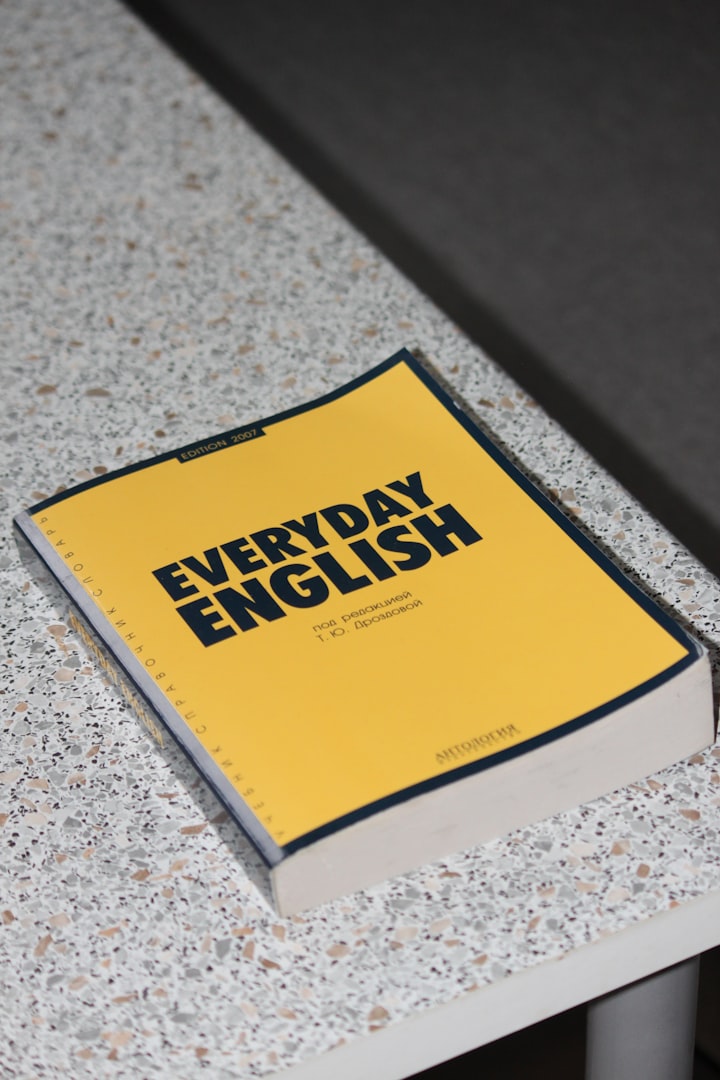
NOUN
A Noun is the name of a person, place, thing or an idea.
Example: - Sita, Gita, Ram, Mohan, Patna, Ranch, Delhi, India, America, book, decision, beauty, milk, rice, gold, water, whiteness, honesty, brightness, beauty, prosperity, Patna University, B D Public School, Ramayana, Mahabharata, Bible, etc.
According to Traditional Grammar, there are mainly two kinds of Noun :-
1. Concrete Noun
2. Abstract Noun
1. Concrete Noun
The word which denotes something that has a concrete body and that can be sensed with our Sense Organs i.e. we can see with eyes, hear with ears, smell with nose, taste with tongue and touch with hand, is said to be a Concrete Noun. It means the thing which has a physical body and can be seen, touched, tasted or heard is called to be a Concrete Noun. Examples:- Tom, milk, dog, army, flower, petrol, Patna, India, rice, Russia, pen, book, table, room, town, Ganges, etc.
Concrete Noun has four kinds:-
1. Proper Noun :- A Proper Noun is the name of a particular thing, place, person, institution, mountain, river, ocean, etc. It starts with a capital letter and no articles come before it.
Examples:- Ramesh, India, Patna University, Bharati Bhawan ,Mahesh , Richard, Pragya, B D Public School etc.
2. Common Noun :- A Common Noun is the generic name for a person, place or thing in class or group. It is the name of a class or species of a thing, not a particular thing or person.
Examples:- cat, dog, boy, city, village, book, house, sea, ocean, table, chair, cow , car , taxi, whistle, horse, home, horn ,bicycle , truck, etc.
3. Collective Noun :- A Collective Noun is the name of a group or collection of similar things.
Examples:- an army of soldiers , a bench of judges, a flock of sheep, a fleet of ships, a flight of stairs, a bunch of flowers, a swarm of flies, a group of singers, a crowd of people, a galaxy of stars, etc.
Collective Noun denotes the whole group of people or things. A Singular Verb comes with it.
As:- The jury was present.
The army was standing.
But, if a Collective Noun denotes the people or things of a group separately, it is called Noun of Multitude. A plural Verb comes with it.
As:- The jury were not of one opinion.
The army were of different views.
4. Material Noun:- A Material Noun is one which can be weighed or measured. It can't be counted.
Examples:- milk, gold, water, rice, ppetrol, juice, silver, bronze, brass, pulse, ink, etc.
2. Abstract Noun
An Abstract Noun is one that can't be seen or touched. It can only be felt or experienced,
Examples: - honesty, integrity, brilliance, bravery, ugliness , brightness, beauty, prosperity, blessings, greenery, intelligence, interest, spirituality, explanation, experience, maturity, innocence, innovation,etc.
According to Modern Grammar, there are three kinds of Noun:-
1. Proper Noun
2. Countable Noun
3. Uncountable Noun
Let's understand them in a bit more detail :
1. Proper Noun:- A Proper Noun is the name of a particular person, place or thing. It starts with a capital letter.
Examples:- Ram, Sita, Delhi, Ranchi, Patna, Bihar, Chicago, Dehradun , America, Charleston, Nairobi, Jamaica, Jakarta, Japan, etc.
2. Countable Noun:- A Countable Noun is one which can be counted on our fingers. Common Nouns and Collective Nouns come under Countable Nouns. We can make plural of Countable Nouns. We can also put article a/an before it.
Examples:- book, dog, boy, town, village, cow, ant, school, class, nature, native, nation, country, city, book, people, politics, pen , page, paper, etc.
3. Uncountable Noun:- An Uncountable Noun is one which can not be counted. Material Nouns and Abstract Nouns come under Uncountable Nouns. We can't make plural of an Uncountable Noun. Article a/an can not be put before it.
Examples:- gold, silver, goodness, rice, water, honesty, truth, falsehood, generosity, genuineness ,awkwardness , clarity, wisdom, responsibility, ignorance, pulse, grace, grief, dominance, success, superiority, etc.
If an Uncountable Noun is used in a definite / particular sense, article 'the' comes before it.
Examples:- The rice of my village is fine.
The milk of this cow is sweet.
About the Creator
Nira Kumari
Hello wonderful Readers, I'm a school teacher passionate for writing. This year I turned 55, and have started my long life dream of becoming a Writer.






Comments
There are no comments for this story
Be the first to respond and start the conversation.